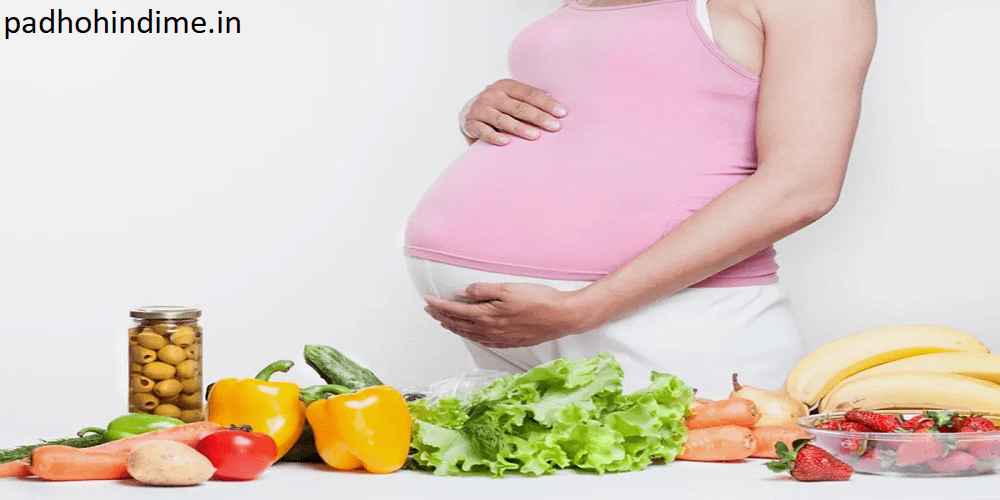Best Diet Plan For Pregnant Lady.
Maintaining a healthy and balanced diet during pregnancy is essential for both the mother and the developing baby. A balanced and healthy diet during pregnancy ensures that the baby receives all the essential nutrients required for growth and development, and the mother’s body can support the changes taking place in the body. In this article, we will outline a recommended diet plan for pregnant women to help them ensure they are meeting their nutritional needs.
Caloric Intake.
During pregnancy, a woman’s body requires additional calories to support the growth and development of the baby. However, the number of calories needed can vary depending on the woman’s body weight, activity level, and other factors. On average, women require an additional 300-500 calories per day during pregnancy. It is essential to monitor weight gain during pregnancy to ensure a healthy and safe pregnancy.
How To Become Healthy And Strong.
Protein.
Protein is crucial for the growth and development of the baby’s cells and tissues. Pregnant women should consume 70-100 grams of protein per day. Good sources of protein include lean meats, poultry, fish, eggs, legumes, nuts, and seeds.
Carbohydrates.
Carbohydrates provide the body with energy, and they are a vital source of nutrients during pregnancy. It is recommended that pregnant women consume 175-210 grams of carbohydrates per day. Whole-grain bread, rice, pasta, fruits, vegetables, and legumes are good sources of carbohydrates.
Fats.
Fats are essential for the baby’s brain and nerve development, and they also help the body absorb vitamins. Pregnant women should consume 20-35% of their daily calories from fats. Good sources of fats include nuts, seeds, avocado, olive oil, and fatty fish.
Fiber.
Fiber is essential for maintaining healthy digestion during pregnancy. Pregnant women should consume 25-35 grams of fiber per day. Whole-grain bread, fruits, vegetables, legumes, and nuts are good sources of fiber.
Calcium.
Calcium is essential for the development of the baby’s bones and teeth. Pregnant women should consume 1,000-1,300 milligrams of calcium per day. Good sources of calcium include dairy products, tofu, kale, broccoli, and almonds.
Iron.
Iron is essential for the production of red blood cells, which transport oxygen to the baby. Pregnant women should consume 27 milligrams of iron per day. Good sources of iron include red meat, poultry, fish, fortified cereals, and dark leafy greens.
Folic Acid.
Folic acid is essential for the development of the baby’s neural tube, which forms the baby’s brain and spinal cord. Pregnant women should consume 600-800 micrograms of folic acid per day. Good sources of folic acid include leafy greens, fortified cereals, beans, and lentils.
Vitamin D.
Vitamin D is essential for the absorption of calcium, which is necessary for the baby’s bone development. Pregnant women should consume 600-800 international units (IU) of vitamin D per day. Good sources of vitamin D include fatty fish, egg yolks, and fortified foods.
Fluids.
Pregnant women should consume at least eight to ten cups of water per day to stay hydrated. Adequate hydration can help prevent constipation, urinary tract infections, and other complications.
Foods to Avoid.
During pregnancy, some foods should be avoided to prevent foodborne illness and other complications. Pregnant women should avoid raw or undercooked meat, poultry, fish, and eggs. They should also avoid unpasteurized dairy products and juices, deli meats, and processed foods.
Conclusion.
Maintaining a healthy and balanced diet during pregnancy is essential for both the mother and the developing baby.




